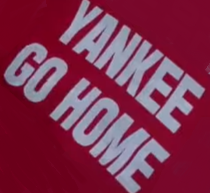

I just found out about this guy today, and after a cursory look into his work, I thought of your post because it seems he is potentially covering this kind of thing, Prof. Oliver Boyd-Barrett. This page lists the courses he teaches as “The Political Economy of Mass Communication”, “The Political Economy of Hollywood and the Press”, and “Media Representation and Propaganda in Times of War and Terror”. And when I looked him up he has books titled (for example) “Media Imperialism”, “Approaches to Media”, “Conflict Propaganda in Syria: Narrative Battles”, “Western Mainstream Media and the Ukraine Crisis: A Study in Conflict Propaganda”.
Considering that I only just now found out about him, I can’t exactly vouch for his work, but he wrote this 2021 article about Ukraine which is how I found him.
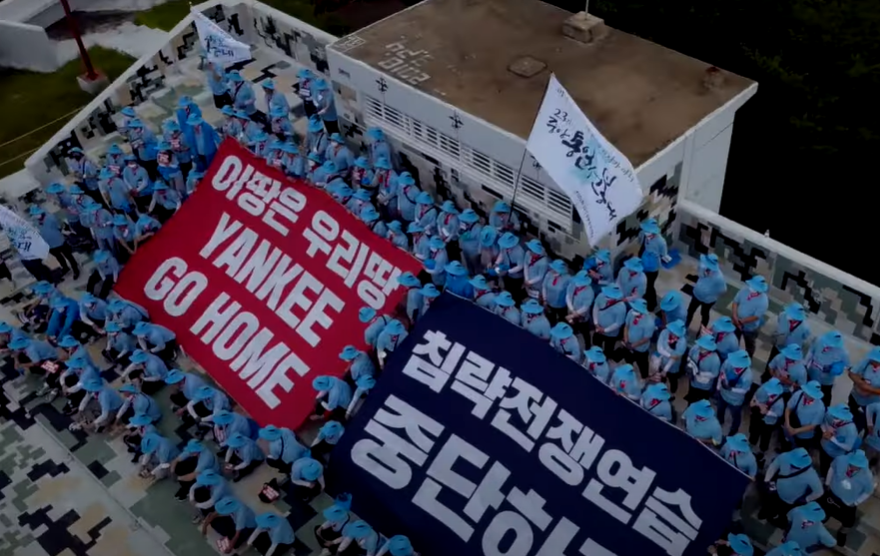
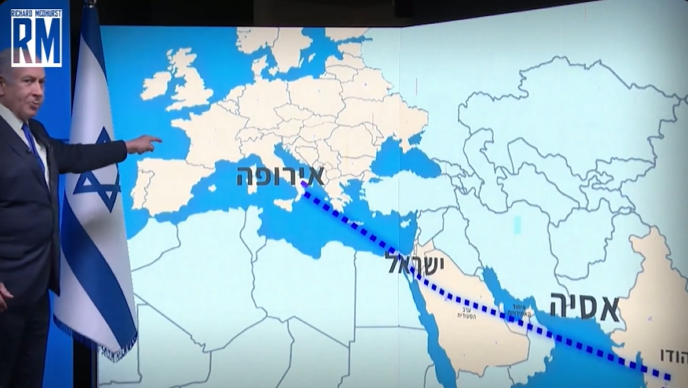
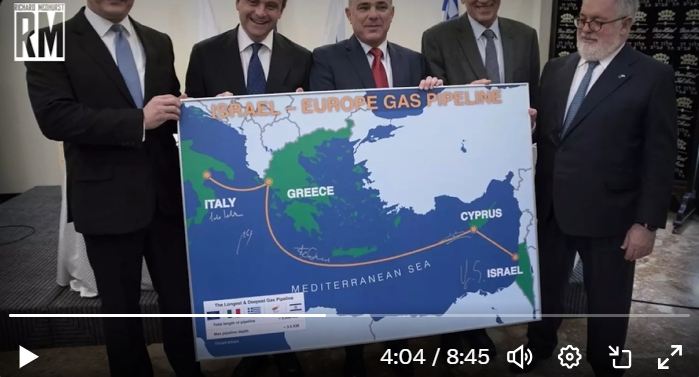
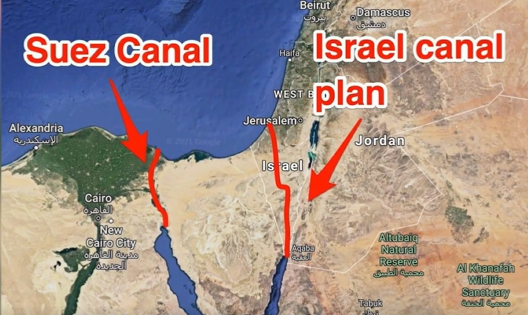






Man I hate this dude
– Antony J. Blinken, “Lebanon and the Facts”, 1982
– Antony J. Blinken, “Israel’s Saving Grace”, 1982
– Antony J. Blinken, “The Danger Within”, 1983